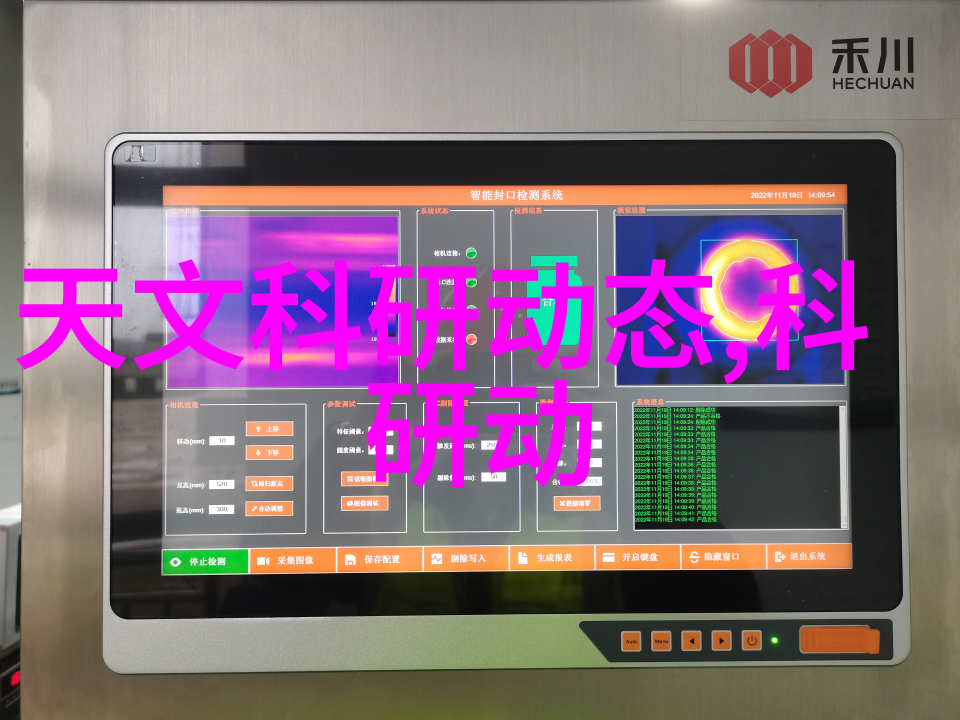引言

在化工生产中,化学反应是实现产品变化和生产流程的核心环节。由于这些反应往往伴随着热量的生成,若不加以控制,会导致温度上升,从而影响反应速率、产物质量甚至安全。因此,在设计和运行化学实验或工业规模的化工装置时,制冷技术扮演着至关重要的角色。本文将探讨化学反应过程中制冷设备及其对整个工程体系结构、操作效率和产品质量影响。
1. 化学反应热管理

首先,我们需要了解在进行任何化学实验或工业化合成之前必须考虑的一项基本因素——热管理。在许多情况下,chemical reactions require a certain amount of heat input to proceed, but excessive heat can lead to unwanted side reactions or even explosions. Here's where cooling devices come into play.
2. 冷却剂选择与性能要求

Chemical cooling systems use refrigerants that must be carefully selected based on their boiling point, latent heat of vaporization, and toxicity. These factors determine the efficiency and safety of the cooling process. In addition to these physical properties, the chosen refrigerant should also be compatible with the reaction medium and not interfere with chemical processes.
3. 制冷系统设计原则

The design of a chemical cooling system is crucial for ensuring efficient heat transfer while minimizing energy consumption and environmental impact. System designs vary depending on specific requirements such as temperature range, flow rate, and pressure drop considerations.
4. 应用实例:压缩蒸汽冷却器(Heat Exchanger)

One common application of chemical cooling in industrial settings is through compression-steam coolers (heat exchangers). These units are used to remove excess heat from high-pressure steam before it enters a condenser or other downstream equipment.
5. 应用实例:液体循环式制冷机(Liquid Cooled Chiller)
Another example is liquid-cooled chillers which are often used in laboratory settings for precise temperature control during sensitive experiments or when working with hazardous materials.
6 最佳实践:操作与维护
Proper operation and maintenance are essential for maintaining optimal performance from your chemical cooling system over its lifespan.
Regular checks should be performed on all components including pumps, valves,
and pipes to ensure they remain free from blockages or leaks.
In addition,
operator training programs should emphasize safe handling practices
when dealing with potentially hazardous chemicals involved in the
cooling process itself.
7 未来趋势:可持续能源应用
As concerns about climate change continue to grow,
there has been an increasing focus on sustainable energy sources
such as solar power for heating/cooling applications within
the industry sector.
This shift towards renewable energy could significantly reduce greenhouse gas emissions associated with traditional fossil fuel-based systems while still meeting demand for precise temperature control in various industries like pharmaceuticals manufacturing where strict regulations apply due diligence regarding environmental impact must always prevail at any given moment regardless how much money you might make off those products once they hit market shelves worldwide – let alone what kind benefits do people get outta buying them!



